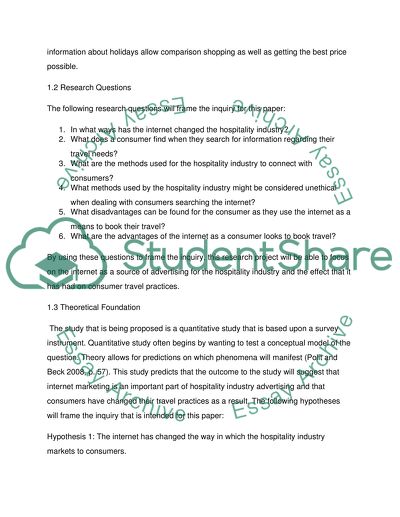Cite this document
(“The Importance of Online Advertising to Hospitality and Tourism Research Proposal”, n.d.)
Retrieved from https://studentshare.org/marketing/1476451-the-importance-of-online-advertising-to-hospitality-and-tourism
Retrieved from https://studentshare.org/marketing/1476451-the-importance-of-online-advertising-to-hospitality-and-tourism
(The Importance of Online Advertising to Hospitality and Tourism Research Proposal)
https://studentshare.org/marketing/1476451-the-importance-of-online-advertising-to-hospitality-and-tourism.
https://studentshare.org/marketing/1476451-the-importance-of-online-advertising-to-hospitality-and-tourism.
“The Importance of Online Advertising to Hospitality and Tourism Research Proposal”, n.d. https://studentshare.org/marketing/1476451-the-importance-of-online-advertising-to-hospitality-and-tourism.


